Not owning a car in the SF Bay Area for 4 years
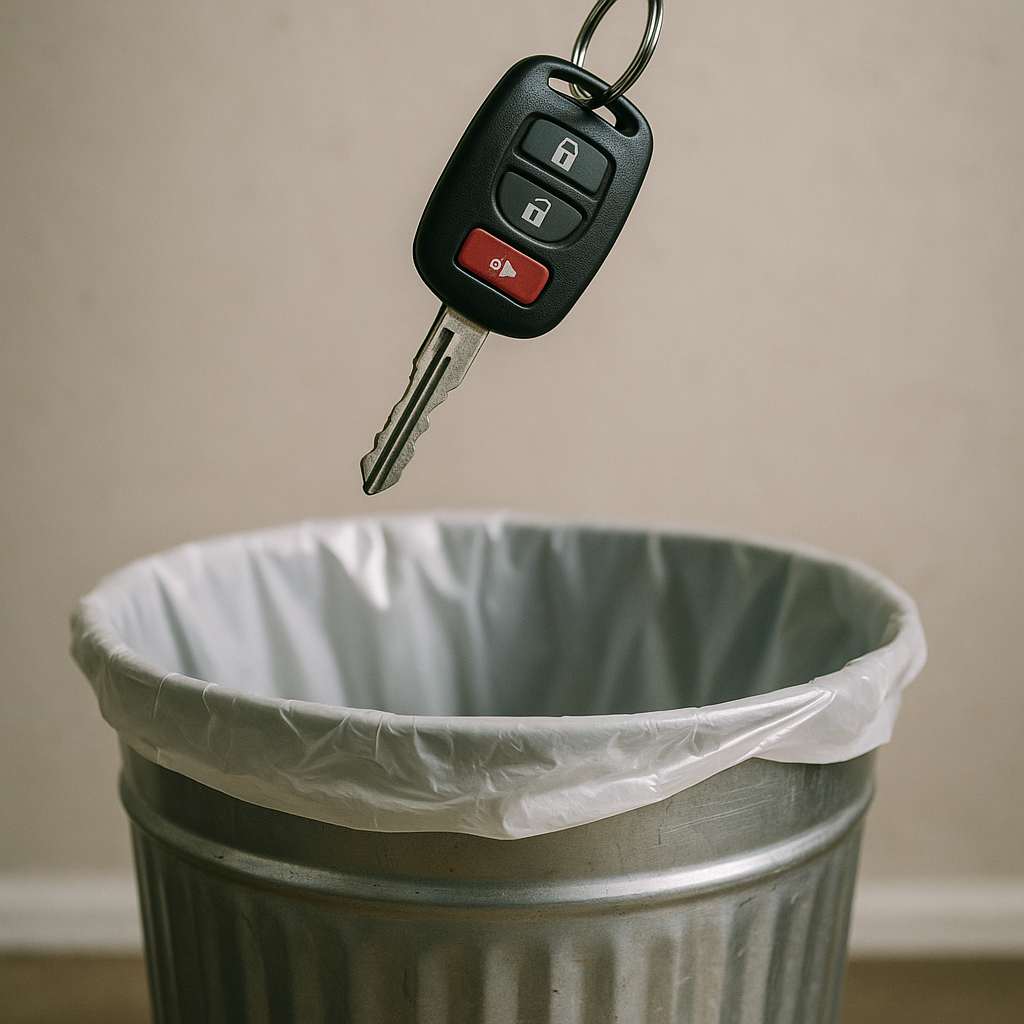
In 2021, during the midst of COVID, my car, which I affectionately named Snowball, was dying. It was a shimmery cream-colored Subaru Forester that I adopted 10 years ago from Livermore Subaru. At the time, I thought I was into off-roading and almost got myself a Jeep Wrangler.
My Forester served me well, having taken me on numerous car-camping trips where up to 2 (short) people slept in the car. My most memorable experience was car camping directly on the beach at Pismo Beach, where the water level crept dangerously close to the car overnight and almost swept me out into the sea. That was exciting.
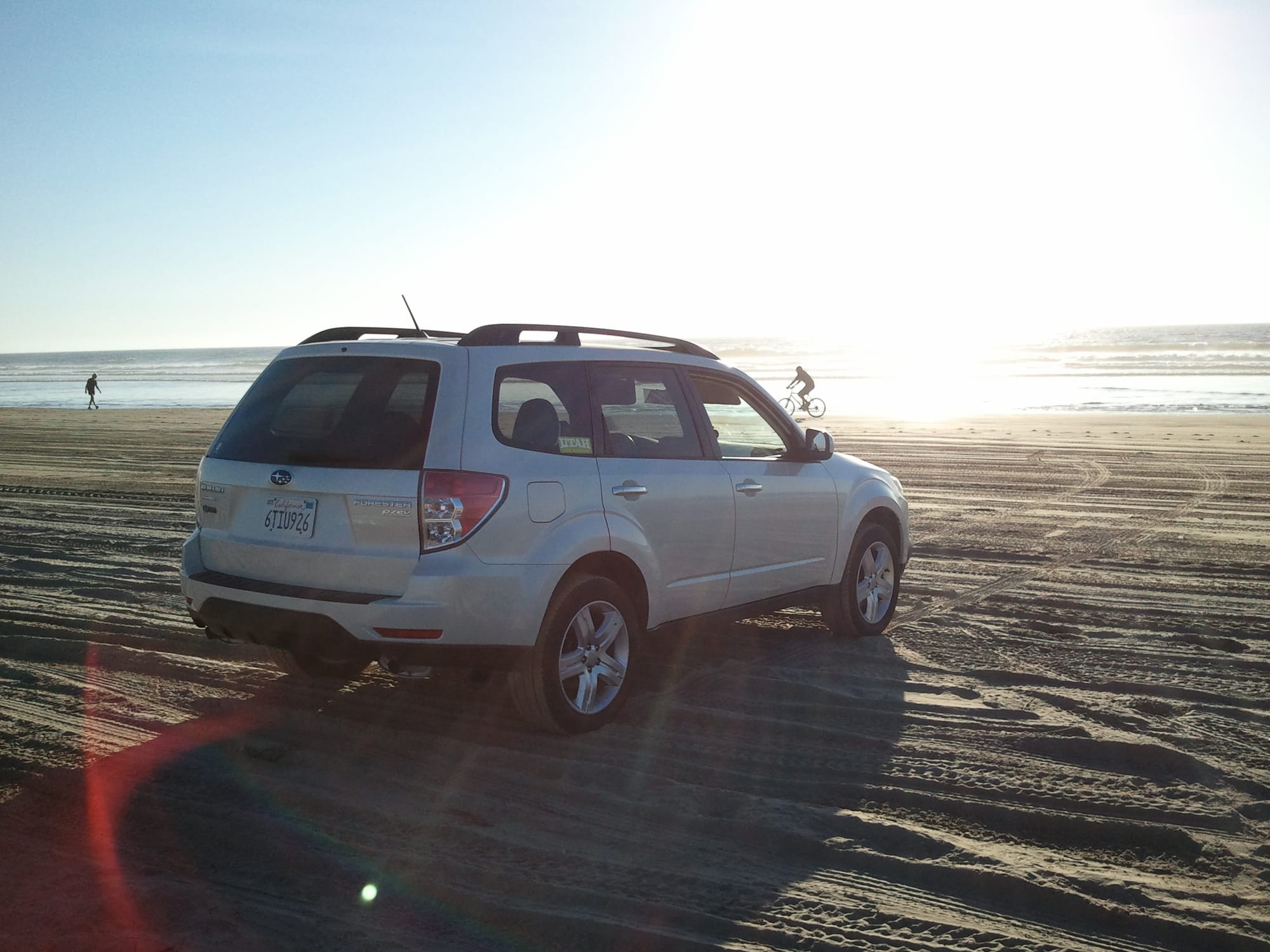
Anyway, it was time to depart with Snowball. When the right time comes, I'll buy and name another one. But between working from home and the convenience of ride-share and food delivery services, I just didn’t see the imperative to get another car right away. And so I became mostly car-less for 4 years, and counting.
What I have done to get by
Since relocating to San Mateo downtown, I’ve established a routine. I live half a mile from my office, so I simply walk to and from the office during the week. Everything I need is nearby (grocery, hair salon, etc.), and plenty of restaurants to cycle through. My climbing gym is a 25-minute bike ride away, and I bike there most weekends, as part of my warm-up and cool-down. The Caltrain station is 5 minutes from my office, which is great for trips up to San Francisco or down to San Jose.
The constraint of not having a car regularly has caused me to, more frequently, make use of public transportation, biking, and walking. For example, one afternoon I walked to Burlingame from my home for 25 minutes, chilled at a restaurant while writing this blog. Later, I took the Caltrain home. If I had a car, I wouldn’t have given a second thought about walking or taking Caltrain. It’s just too easy to reach for the fastest, laziest, most comfortable option.
On the weekends when I needed a car the whole day, for example, to run errands around the Bay Area, I’d rent something from my local Avis branch in Foster City, typically on Saturday morning, then return it Monday morning. I’d sometimes rent from SFO and return it there if I have a flight coming up. I always pick the economy car, or sometimes a “manager’s special” mystery car, which is often an EV. EVs are usually cheaper than other options. Car rental companies prefer not to have EVs sit around due to a lack of charging ports at the site (this I heard from Avis directly).
If I'm pressed for time, I Uber or Lyft. I took one to the pet clinic one evening for an emergency with my cat (he ate a piece of string). The driver happened to be a pet owner, so he understood the urgency of the situation, and he talked to me to calm me down. Having someone else take me somewhere during an emergency reduced my stress.
The economics of owning a car versus other options
I didn’t intentionally become car-less. I love driving and have driven since I was 16. I enjoyed sleeping and camping in my car when I had it. So this isn’t really about not liking cars. It’s about timing and curiosity. I decided to do the math on how much buying a car now and using it would be for me, versus not having one and just continuing on my hybrid walking/biking/Uber/public transit solution.
I want to point out that psychologically, owning a car means I use that mode by default as it’s a no-brainer option. So my ratio of driving versus not would be practically 1:0. Since the car dominates significantly, I won’t calculate the costs to do the other means for this comparison.
A. Owning and driving practically 100% of the time
Insurance: $2,044/yr (average in Bay Area based on Nerd Wallet, Nov 1, 2024), or $170.33/mo.
Vehicle registration: In California, it can range from $330-$600. Let's pick the middle of $465/yr, or $38.75/mo.
Gas: 14,263 mi/yr (The Zebra, 2022), $4.75/gallon (EIA values for San Francisco Bay Area), 30 mi/gallon (high average for a compact gas car), resulting in $2,258.30/yr, or $188.20/mo.
Maintenance: According to AAA, from December 2023, it's about $800/yr, or $66/mo.
Price of a compact gas car today: According to Kelly Blue Book 2025, the Kia Forte has a starting price of $21,145. Assuming I own it for 10 years, and the resale value by then is $5000 (or >1/4 the original value), then it means a sunk cost of $16,145, or $134.54/mo. Let's add 9% for CA taxes, so $146.65/mo.
Parking: While the city allows street parking for free, the reality has been that I often don't find a good spot and end up walking quite a bit. While it's manageable on occasion, I would need a parking spot should I own a vehicle. A dedicated parking spot at my apartment is $100/mo.
Total: 170.33 + 38.75 + 188.20 + 66 + 146.65 + 100 = $709.93/mo.
B. Combo renting and other transport methods
Rental fee per month: I rent about once or twice a month for the weekend. Looking at my past rentals, they averaged about $150 for the weekend. So let's assume $300/mo.
Rental gas per month: Using the Zebra numbers above, 14,263 mi/yr translates to 39.08 mi/day, and using the same parameters as the above comparison, yields $6.188/day, or $18.56/weekend (assuming 3 days). This yields $37.13/mo.
Liability insurance per rental: Roughly $32 for 2 days, and for twice a month, is $64/mo.
Rideshare per month: I use rideshare for the gym on the weekdays to save time. It's about $13 per ride, once a week, which totals ~$104/mo. On some weekends when I don't have a car, I may ride-share to run errands, which adds about $50/mo.
Biking/Walking per month: free
Transit per month: Sometimes I take Caltrain on the weekends, as far down as Mountain View from San Mateo, and up to San Francisco. On the weekdays, I would be taking transit only for work purposes, which is not factored here. Let's assume I take it once every non-driving weekend, which would mean about 4-5 rides total for a month. Each ride is roughly $4, resulting in $20/mo.
Total: 300 + 37.13 + 64 + 154 + 20 = $575.13/mo.
Not surprisingly, Option A costs more per month than Option B. I used a Kia Forte as a comparison, which isn't something that I'd realistically own. The car I would own will be somewhere in the ~$40K range, which will tip the scale significantly.
Best car experiences
I think my greatest experiences were borrowing cars from friends and family. I’ve had the pleasure of borrowing a Mini Cooper for 6 months, a Ford Focus for 5 months, and a Tesla Model Y for a month. They were longer-term, so I got to fully appreciate all the features and quirks of the vehicle. Second, they’re an extension of the person I borrowed from, with their customizations, making them more unique than a generic rental car.
As for rentals, one of my best experiences was picking up an SUV from Midland, Texas. Not only was the rental itself fairly cheap, but the rental counter was right by baggage claim, and with barely any line, I could get my paperwork done and pick up my keys even before the baggage came out. Then I just simply walked to the lot and drove the car out, without any gates to exit.
My other best experience was paying for a compact car ($18/day), and picking up a brand new white Hummer Rubicon, at SeaTac airport. That said, I was heading to a sketchy part of town for business, and it certainly was screaming for attention. But luckily, nothing happened, and I returned the car with nary a scratch.
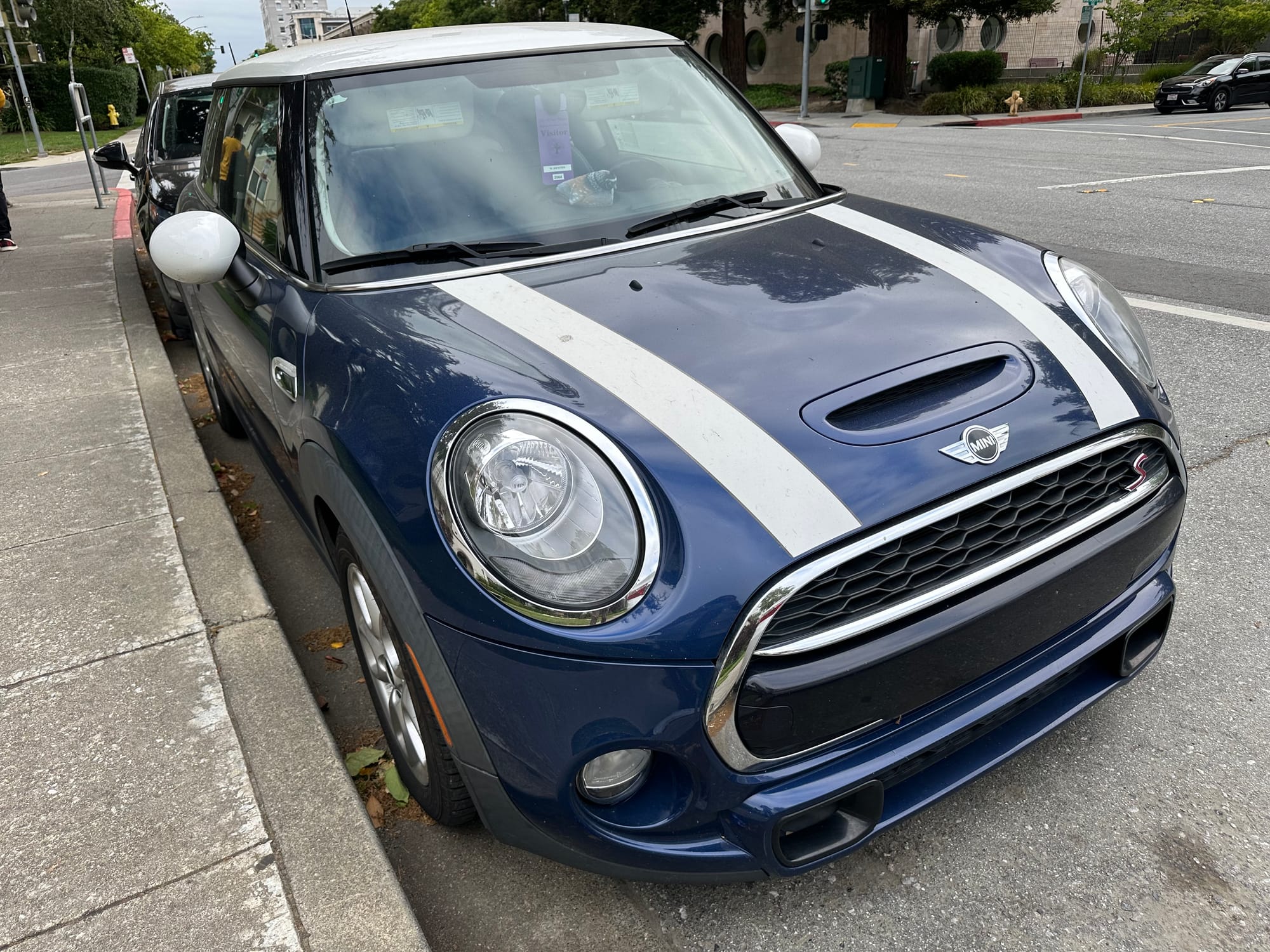
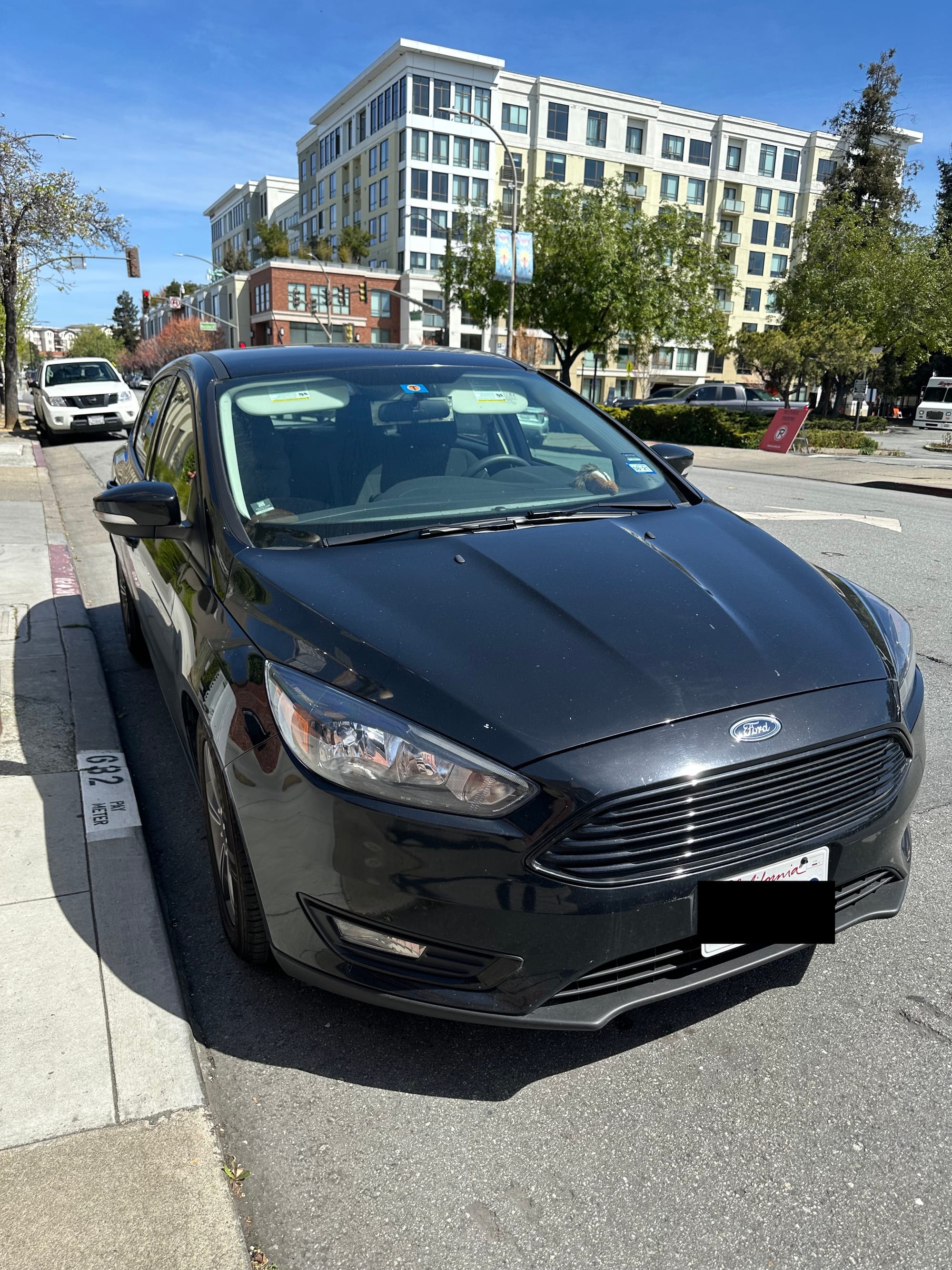

Friends and family cars, and kick ass deals.
Worst car experiences
By far, my worst experience with a vehicle was picking up from the San Francisco Airport. From the moment I got to the rental center, I knew it wouldn’t go well. I waited 30 minutes at the counter because the Budget phone app check-out feature wasn’t working. When I got to the car, it was pretty beat-up by rental standards, and a cicada was waiting for me on the inside of the rear passenger side window. Luckily, I spotted it from outside as I was inspecting, and not when I was already driving... 😱
My other not-so-great experience was picking up a Ford Mustang Mac-E electric. At the time, the only charging stations available were EVGo stations, and there were limited numbers of fast chargers in San Mateo. Not knowing anything about charging speeds, I parked the vehicle at Target for 2 hours using a 6kWh charger, thinking I’d get a decent charge, only to walk away with 25 miles added to it. Duh! Come to think of it, all my non-Tesla EV rentals sucked for this reason, with the Mac-E topping the list for it's lowest range.
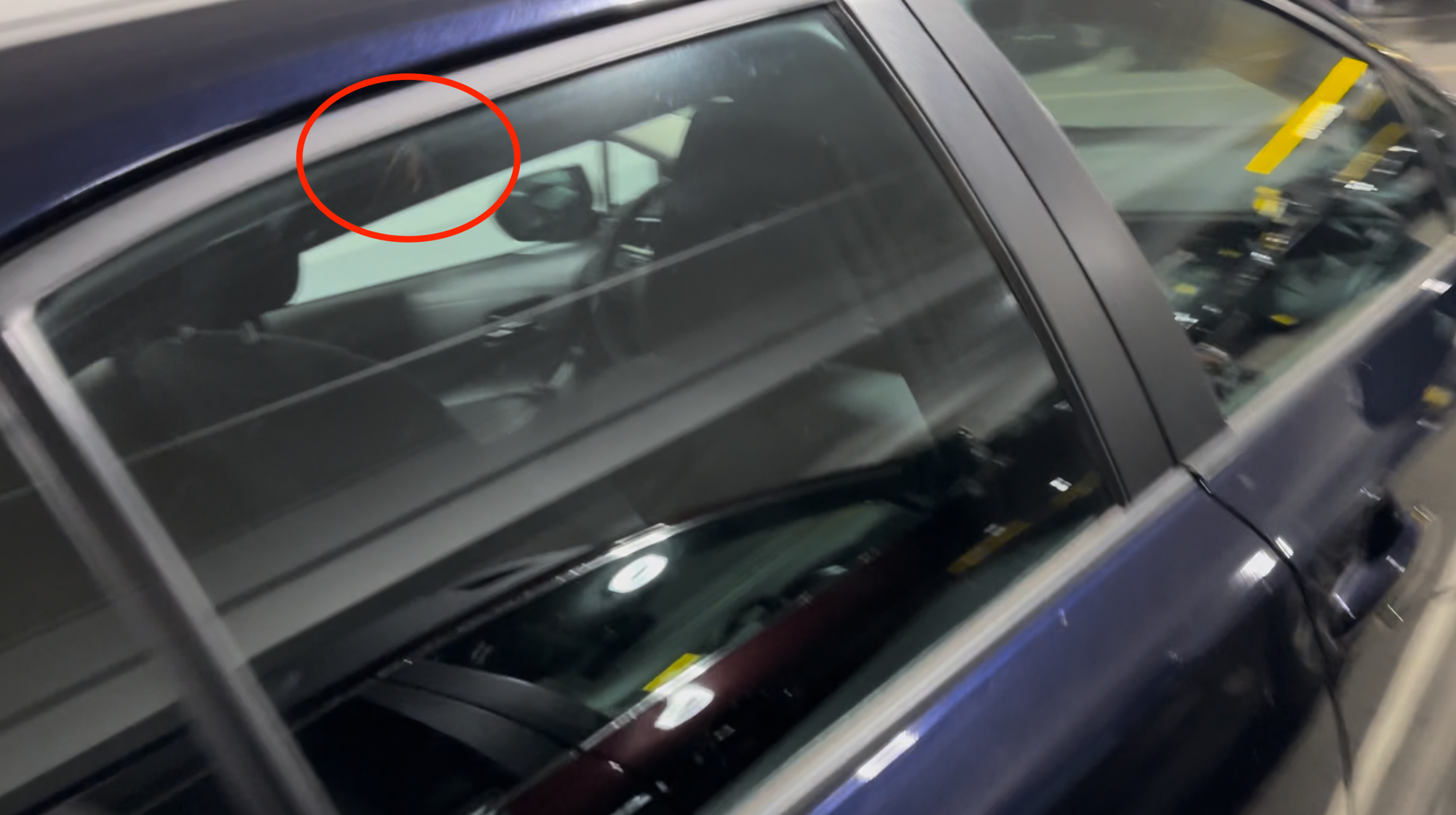
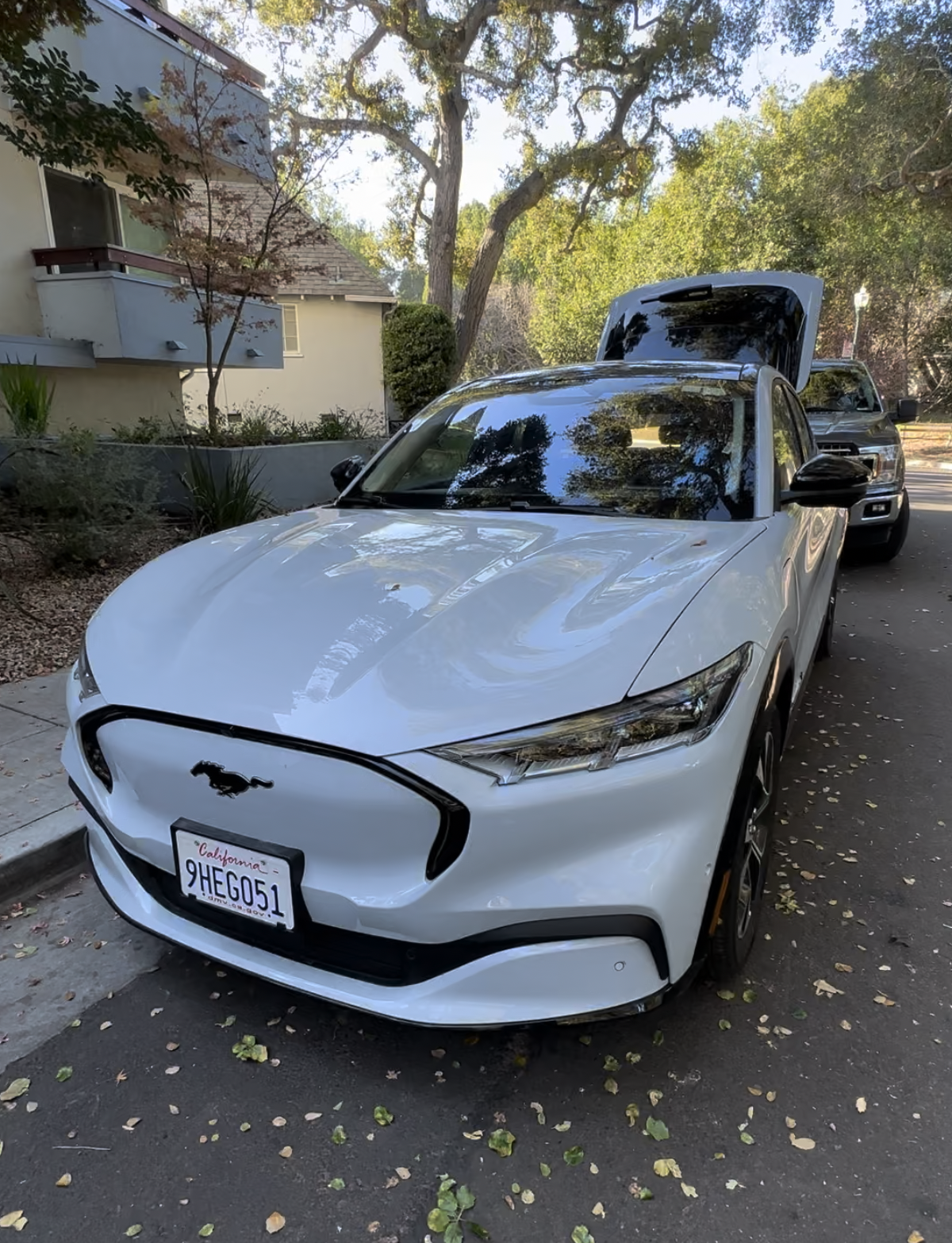
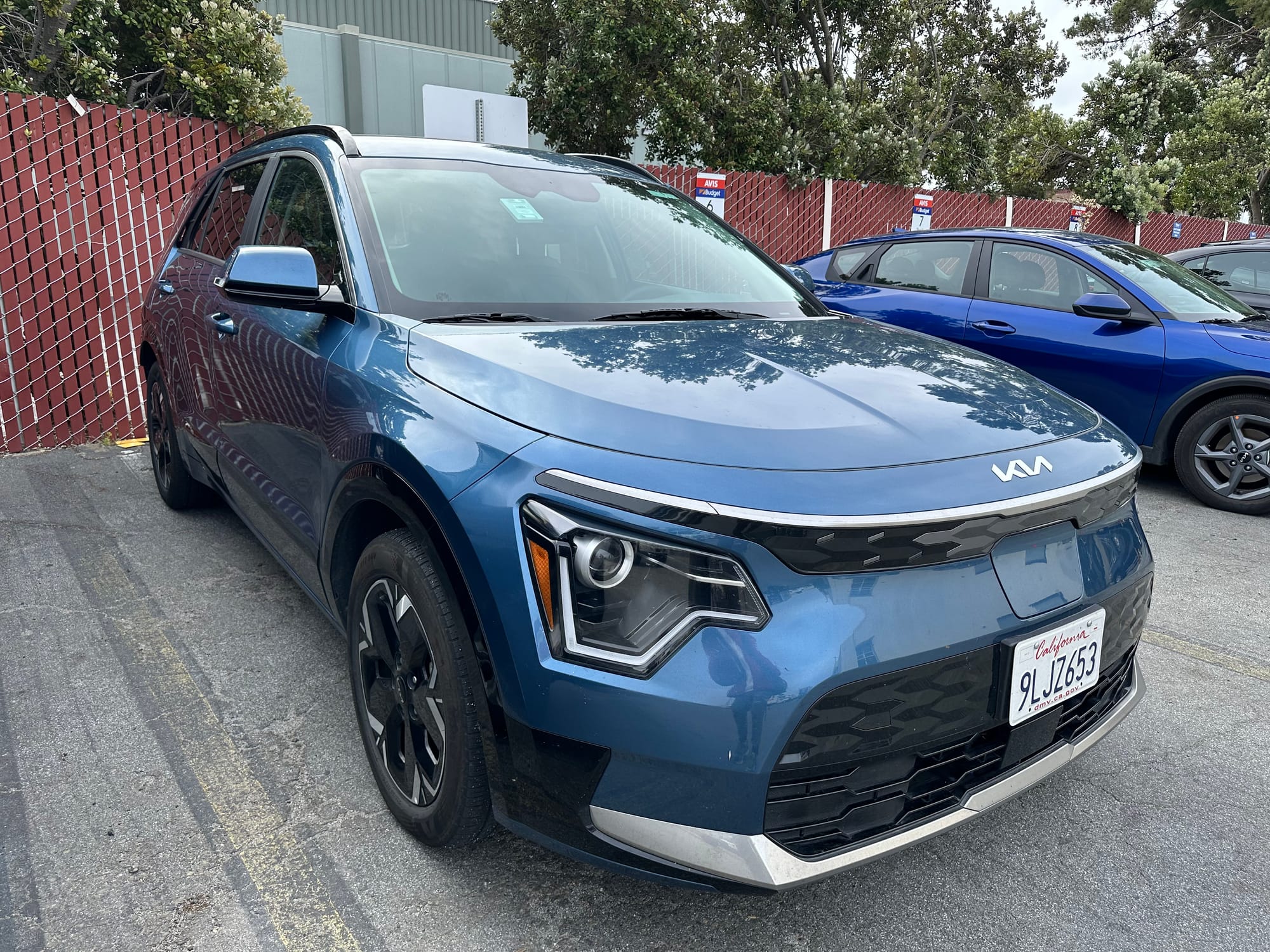
Cicada and EVs.
Tips and suggestions
Here are some things to keep in mind if you decide to go car-less and rent or borrow cars:
- Try to keep a non-operator's car insurance plan. If you don’t have such a plan, then you’d need to buy liability insurance every time you rent a car, and that could add up real quick. If you get stopped by cops, you’d need to present the insurance.
- Get familiar with each car’s gas/charge capacity. You’ll need it to refill before you return the car, and often you can get away without filling to the top to save a few dollars. It’ll also give you an idea of how efficient the car is as you’re driving it, to inform you of future rentals.
- If renting a car at the last minute, picking the Economy/Compact option will often yield an upgraded car at the counter. That can be a plus or minus depending on what you’re looking for. A larger car, like a Minivan, really sucks to park. On the other hand, you might get a Tesla 3.
- Have a go-to car rental place where you get to know the people who work there. Being a regular customer means faster check-out and returns, and no questions.
Let me know your thoughts. Ping me on Instagram.